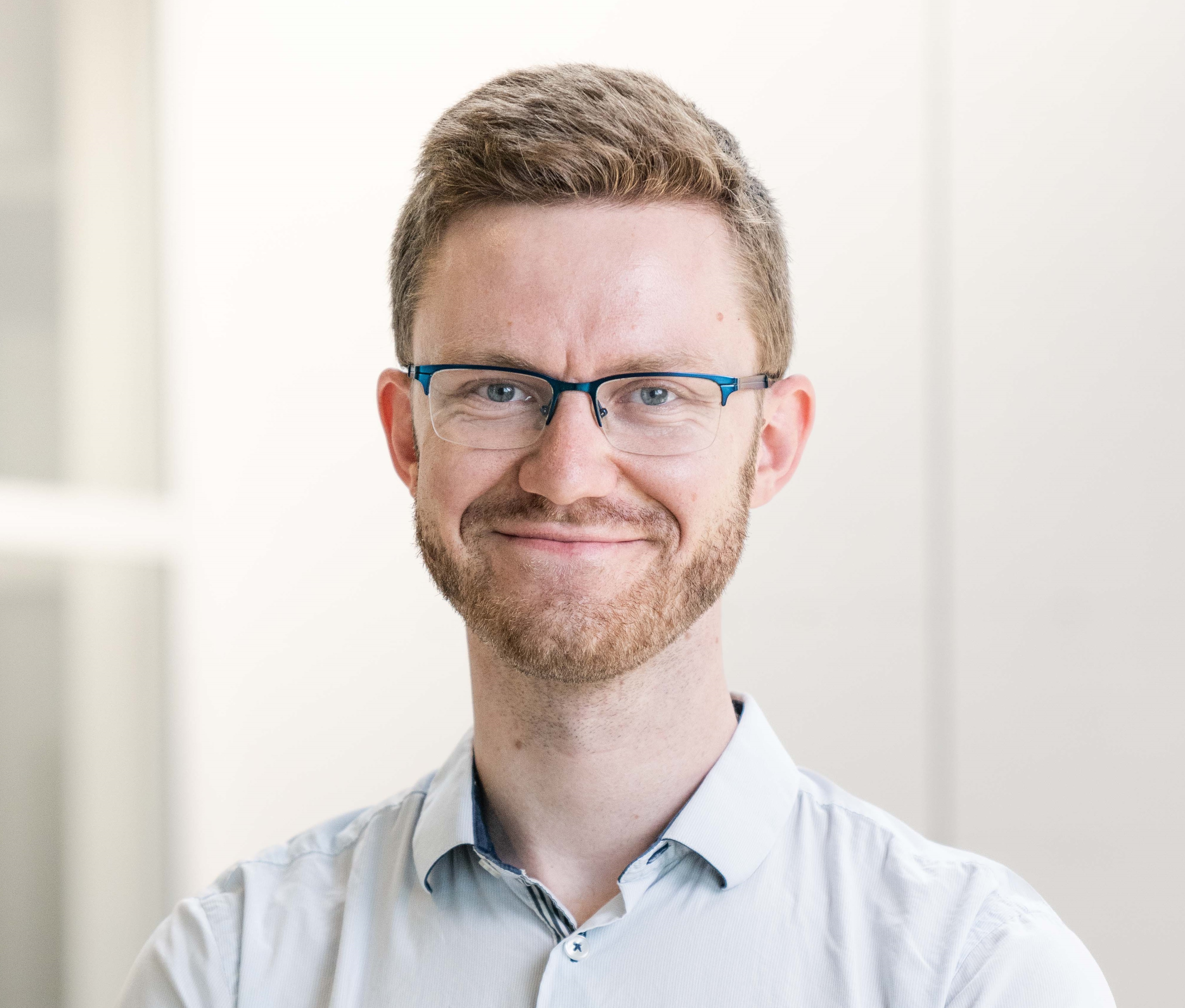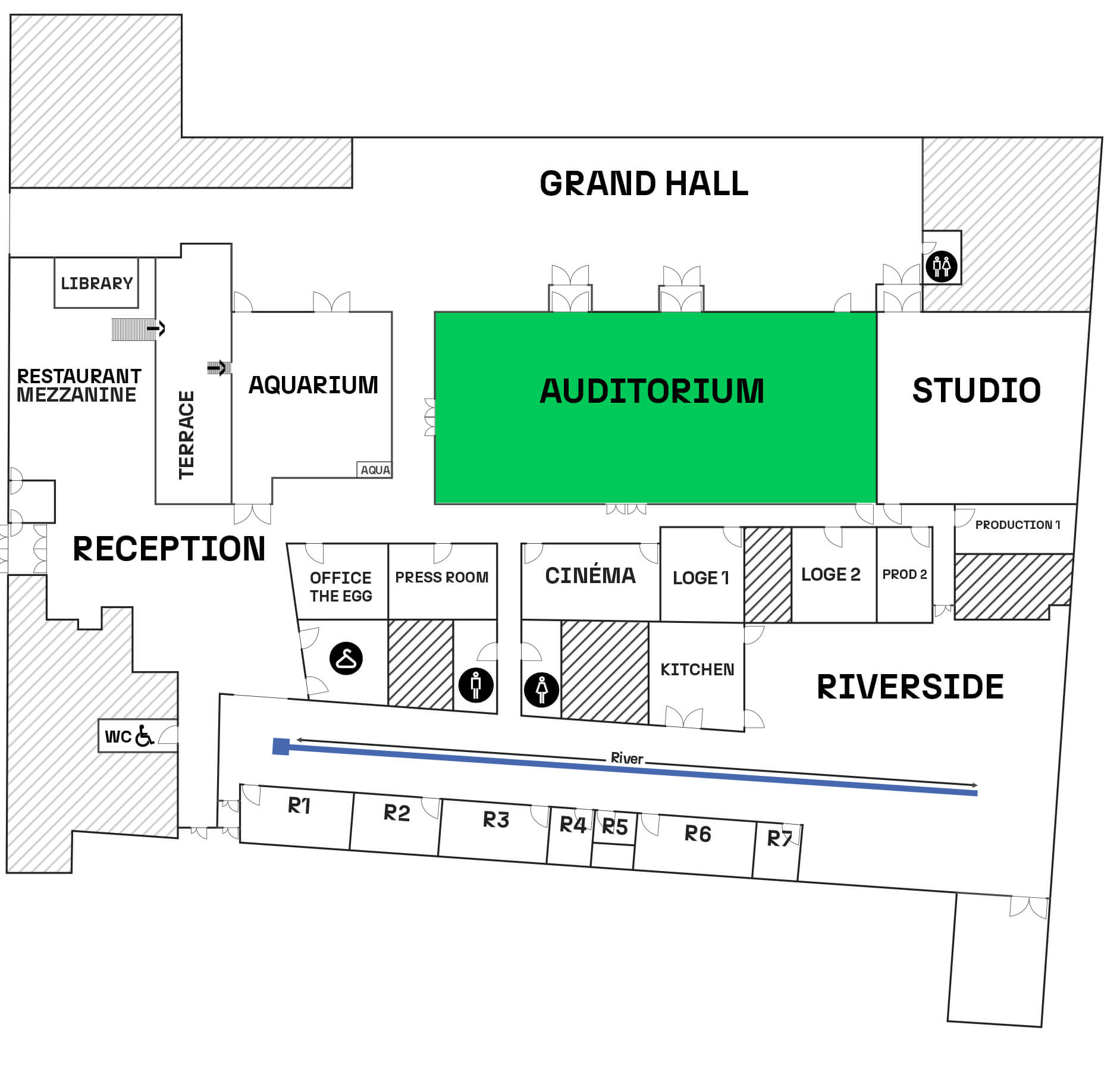Test, Build, Apply: A Pragmatic Agenda for NeuroAI
Artificial neural network models have become powerful computational hypotheses of how the brain gives rise to cognitive behavior. State-of-the-art models are already decent predictors of the neural responses across sensory cortices and the human language network, driven by advances in AI task optimization. To systematize and accelerate such progress we are developing Brain Score, an open platform with >100 neural and behavioral benchmarks for automated model testing. The increasing scale of available brain data now offers an exciting opportunity to build models of unprecedented neural fidelity and coverage -- extending to multimodal, topographically organized systems. Beyond insights into healthy brain function, early results suggest these models can also predict neurological and psychiatric conditions, enabling novel AI-guided interventions. Taken together, NeuroAI is on an extremely promising path to revolutionize how we understand the brain.
Chair: Dr. Randy McIntosh

Who You’ll Be Hearing From
This session brings together expert voices from across the EBRAINS community and beyond. Discover the people sharing their insights, research, and perspectives on the topic.


Martin is a tenure-track assistant professor at EPFL where he aims to understand the brain in computational terms. To achieve this goal, he bridges research in Machine Learning, Neuroscience, and Cognitive Science. He initiated the community-wide Brain-Score platform for evaluating models on their neural and behavioral alignment, and built state-of-the-art models such as CORnet, VOneNet, and TopoLM. Martin completed his PhD at MIT with Jim DiCarlo, following Bachelor's and Master's degrees in computer science at TUM, LMU, and UNA. Previously he worked at Harvard, MetaMind/Salesforce, Oracle, and co-founded two startups. Martin is actively advancing NeuroAI into translational technologies as a scientific advisor to startups. Among others, his work has been recognized in the news at Science magazine, BBC, Quanta, and Scientific American; and with awards such as the Neuro-Irv and Helga Cooper Open Science Prize, the Google.org Impact Challenge prize, and the Takeda fellowship in AI + Health.
Find your way on the map

